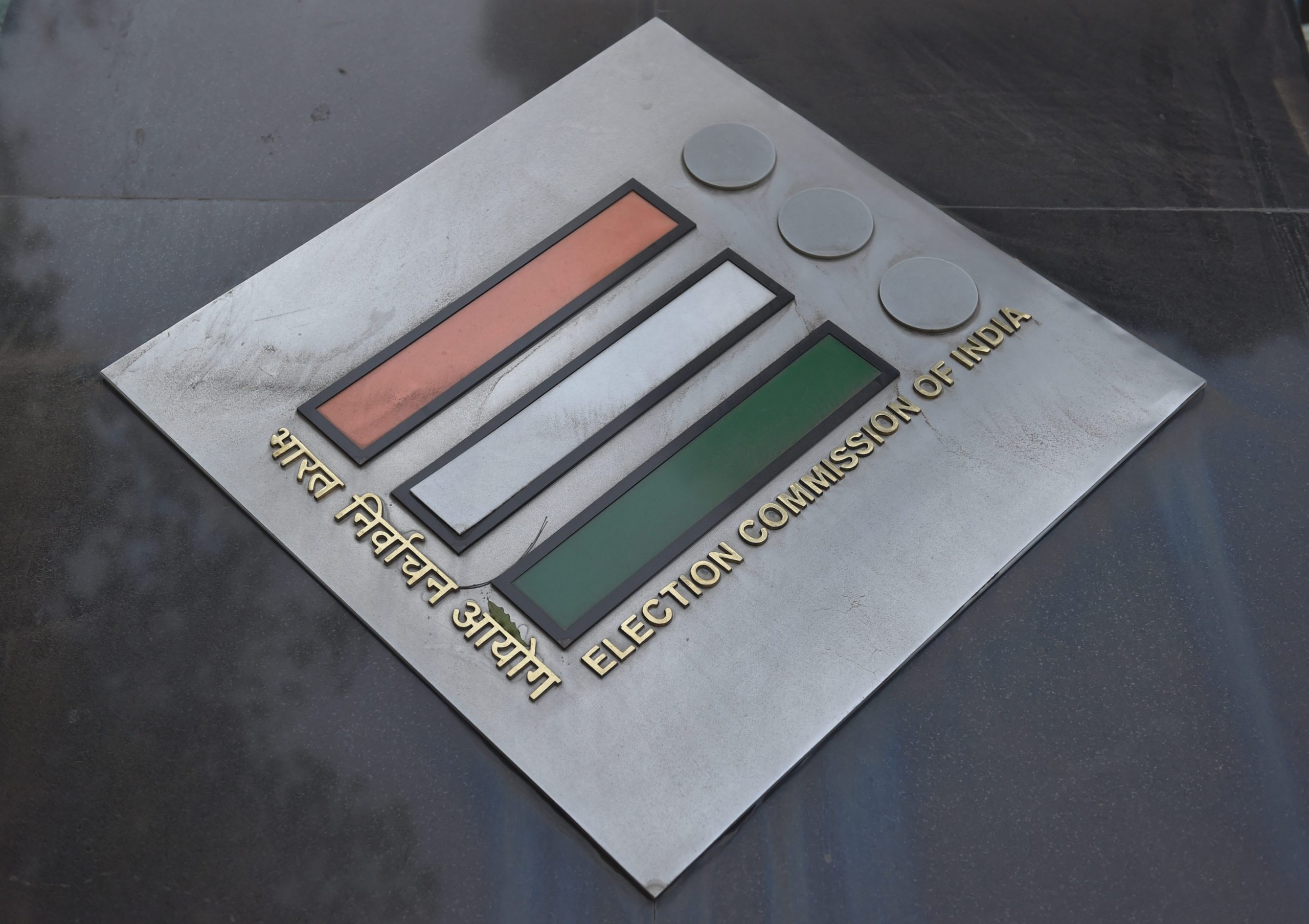NEW DELHI, Feb 3: The Supreme Court scheduled a hearing for February 12 regarding petitions against the appointments of the Chief Election Commissioner and other election commissioners under the 2023 legislation.
Justices Surya Kant and N Kotiswar Singh stated that they would evaluate the case on its merits and come to a final decision.
Advocate Prashant Bhushan, representing the Association for Democratic Reforms NGO, noted that the matter was initially set for February 4 but likely wouldn’t be addressed due to other pending cases.
Bhushan highlighted the upcoming retirement of current Chief Election Commissioner (CEC) Rajiv Kumar on February 18, emphasizing the necessity for urgent consideration of the matter influenced by the 2023 ruling of the Constitution bench.
He mentioned that the 2023 ruling determined that election commissioners should not solely be appointed by the government, but rather by an independent committee featuring the Prime Minister, the Leader of Opposition, and the Chief Justice of India, as otherwise it might threaten electoral democracy.
“The government has enacted a law that replaces the Chief Justice with another minister, allowing the commissioners to be appointed solely at the government’s discretion. This disregards what the Constitution bench determined as essential for a level playing field and the integrity of our electoral democracy. An independent committee is crucial for the appointment of election commissioners,” Bhushan argued.
Advocate Varun Thakur, representing petitioner Jaya Thakur from Congress, stated they had filed a request for a directive to the Centre ensuring that the CEC’s appointment aligns with the Constitution bench’s verdict from March 2, 2023.
Solicitor General Tushar Mehta, representing the Centre, opposed Bhushan’s assertions, including his plea for an interim order.
Another Supreme Court bench declined to issue an interim order, as noted by Mehta.
He confirmed that the Centre was prepared for discussions and requested the court to schedule a final hearing.
On January 8, the Supreme Court expressed that it would examine the conflict between its judicial opinion and the legislative authority to create laws, agreeing to resolve the matter.
On March 15, 2024, the Supreme Court denied a request to stay the appointments of new election commissioners under the 2023 law, which omitted the Chief Justice from the selection committee, and postponed hearing several ongoing petitions challenging those appointments.
The Court reminded petitioners that the March 2, 2023 ruling mandated a three-member panel including the Prime Minister, the Leader of Opposition, and the Chief Justice of India to function until Parliament enacted a new law.
The NGO contested the Chief Justice’s exclusion, arguing that the election commission must be free from “political” and “executive interference” to preserve a robust democracy.
ADR’s petition claimed that the Centre effectively disregarded the basis of the March ruling without eliminating it, asserting that the updated selection committee’s structure under the new law represented excessive governmental interference, harmful to the electoral panel’s independence.
Former IAS officials Gyanesh Kumar and Sukhbir Sandhu have been recommended by a selection panel led by Prime Minister Narendra Modi for EC positions in 2024 under the recent law.
The NGO challenged the legitimacy of and sought to suspend Section 7 of the Chief Election Commissioner and Other Election Commissioners Act, 2023, which omitted the Chief Justice.
The March 2, 2023 ruling by the Supreme Court stressed that allowing the executive to solely handle the appointments of election commissioners and the CEC would compromise the health of the nation’s democracy and hinder free and fair elections.
Thakur requested that the Centre be restrained from appointing new election commissioners under the 2023 law while challenging its conditions. (Agencies)


Leave a Reply